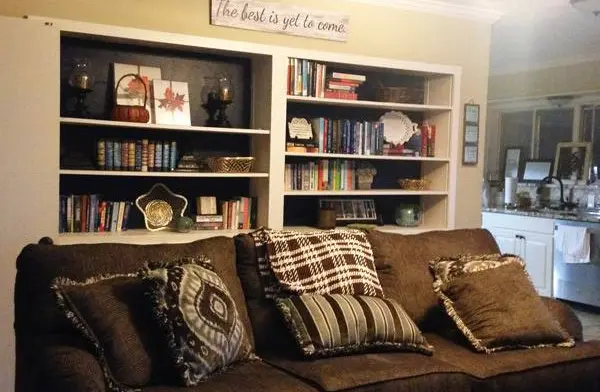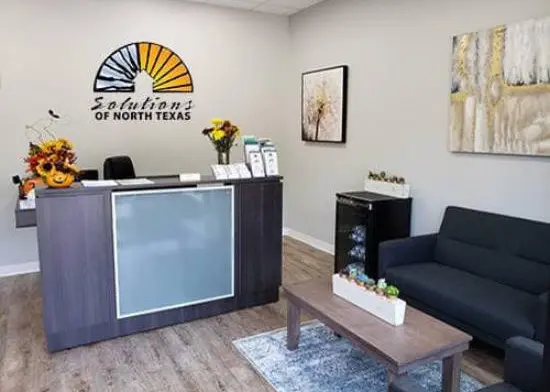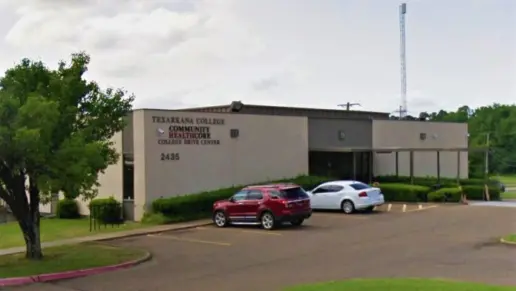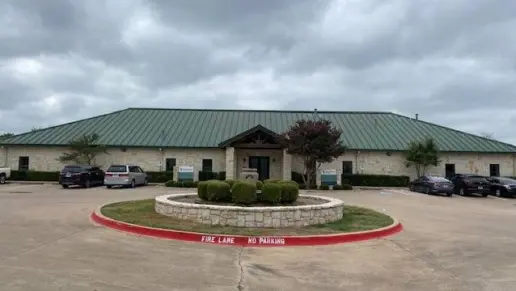About Solutions of North Texas
Solutions of North Texas is an alcohol and drug addiction treatment center in Denton, Texas. They provide outpatient addiction care, medication assisted treatment, counseling, and peer support.
Mental health and addiction services at Solutions of North Texas include evaluations and assessments, individualized treatment planning, faith based recovery support, court evaluations, case management, co-occurring disorder programs, inpatient and outpatient treatment programs, counseling, drug testing, community referrals, peer support, legal services, diversion program, recovery skill building, and 12 step facilitation.
Solutions of North Texas provide mental health assessments and counseling to support individuals with substance use disorder and co-occurring mental health conditions. Those looking for counseling support should first expect a thorough behavioral health assessment to help identify symptoms of substance use disorders and/or co-occurring mental health conditions, like anxiety, and the severity. Then the clinician will work with the client to collaboratively develop a treatment plan, which may include individual counseling, group therapy, psychoeducation, motivational interviewing, skill development, cognitive behavioral therapy, mindfulness, family counseling, and medication management.
The intensive outpatient programs at Solutions of North Texas treat opioid addiction using medications. The program includes a thorough clinical assessment, individualized treatment planning, individual and group counseling, medication management, CBT, and psychoeducation. Intensive outpatient sessions are held at least three to four times per week.
The residential program at Solutions of North Texas requires patients to stay at a private rehab facility for 30-90 days for addiction treatment. Patients work with clinicians to develop individualized treatment plans and then engage in evidence based therapies to treat addiction and mental health conditions, like motivational interviewing, individual and group counseling, psychoeducation, and relapse prevention. Other services offered in the residential program include case management, legal guidance, and 12 step facilitation. Prior to discharge, clinicians work with patients to devise a comprehensive discharge plan.
In partnership with Drug Courts in the state, Solutions of North Texas provides behavioral health services to individuals as part of a police or court requirement, which is offered as an alternative to prosecution and jail time. They also provide expert court testimony, liaison services, mitigation packets, drug and alcohol evaluations, jail interviews and evaluations, and legal support to individuals involved in a drug or alcohol related charge(s).
Solutions of North Texas accepts most commercial insurance plans.
Latest Reviews
Rehab Score
Gallery


Location
Other Forms of Payment
Private insurance refers to any kind of healthcare coverage that isn't from the state or federal government. This includes individual and family plans offered by an employer or purchased from the Insurance Marketplace. Every plan will have different requirements and out of pocket costs so be sure to get the full details before you start treatment.
Self-pay involves paying for treatment out of your own pocket. You can use savings or credit, get a personal loan, or receive help from family and friends to fund your treatment. If you don't have insurance or your insurance plan doesn't cover a specific program, self-pay can help ensure you still get the care you need.
Medicaid is a state based program that helps lower-income individuals and families pay for healthcare. Medicaid covers addiction treatment so those enrolled can use their coverage to pay for rehab. When a program accepts Medicaid the client often pays very little or nothing out of their own pocket.
Medicare is a federal program that provides health insurance for those 65 and older. It also serves people under 65 with chronic and disabling health challenges. To use Medicare for addiction treatment you need to find a program that accepts Medicare and is in network with your plan. Out of pocket costs and preauthorization requirements vary, so always check with your provider.
Addiction Treatments
Levels of Care
Clinical Services
Individual therapy offers you a confidential space to address the complexities of your drug or alcohol addiction. Your therapist guides these personalized sessions to help develop self awareness and manage stress. This promotes sustained sobriety and overall well being.
Accreditations

The Joint Commission, formerly known as JCAHO, is a nonprofit organization that accredits rehab organizations and programs. Founded in 1951, the Joint Commision's mission is to improve the quality of patient care and demonstrating the quality of patient care.
Joint Commission Accreditation: Yes

The Substance Abuse and Mental Health Services Administration (SAMHSA) is a branch of the U.S. Department of Health and Human Services. Established in 1992 by congress, SAMHSA's mission is to reduce the impact of substance abuse and mental illness on American's communities.
SAMHSA Listed: Yes
Contact Information
1516 N Ruddell St
Denton, TX 76209


